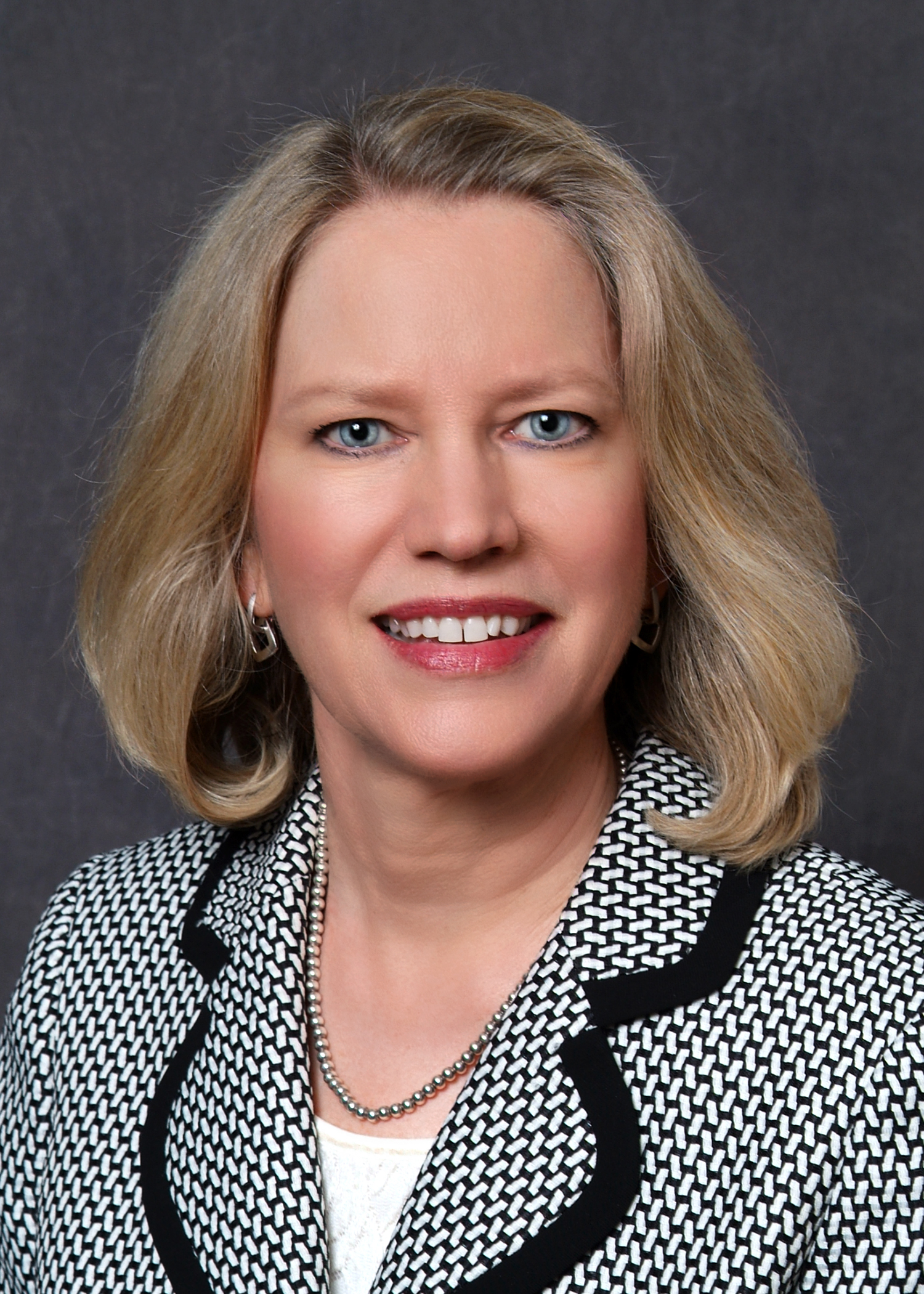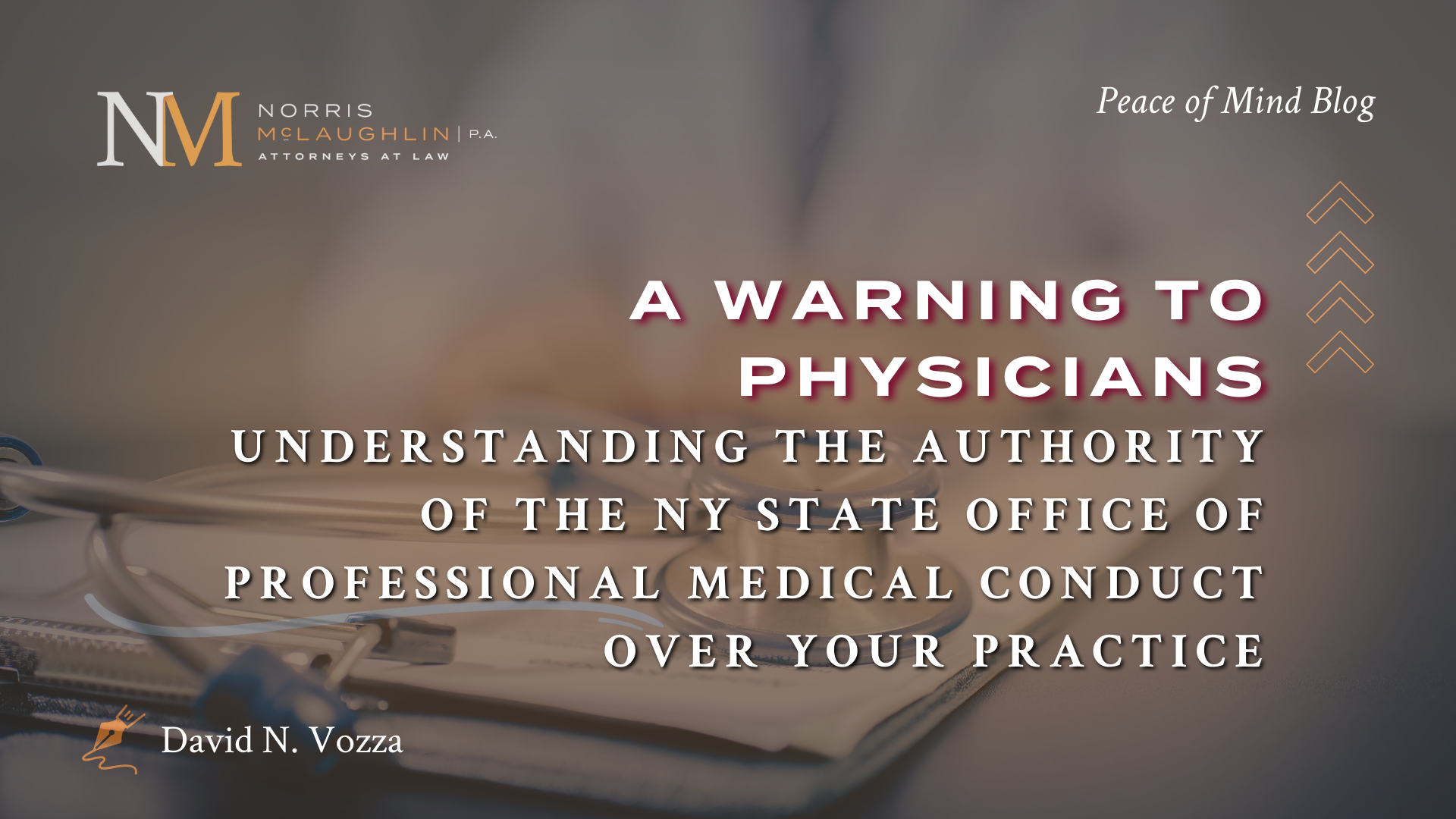CMS Issues Proposed Rule on Stark Law Advisory Opinions

On July 29, 2019 Centers for Medicare & Medicaid Services ("CMS") issued a proposed rule on modifications to the Stark Law advisory opinion regulations. The proposed rule responds to comments CMS received in response to its July 25, 2018 Request for Information, seeking recommendations from the public on how CMS might address any undue impact and burden of the Stark Law.
CMS noted that there are important differences between the Stark Law, a strict liability statute designed to prevent payment for services where referrals are affected by financial conflicts of interest, and the Anti-Kickback Statute, a criminal law designed to prosecute intentional acts of fraud and abuse. The safe harbors under the Anti-Kickback Statute are voluntary, and failure of an arrangement to satisfy the safe harbor requirements does not mean the arrangement violates the Anti-Kickback Statute. By contrast, the Stark Law prohibits a physician’s referral if the financial relationship involving the physician does not satisfy the requirements of a specific Stark Law exception, regardless of the parties’ intent. Under the Stark Law, parties that act in good faith may nonetheless face significant financial exposure if they misunderstand or misapply the Stark Law’s exceptions.
CMS noted that despite the complexity of the Stark Law, the provider’s financial exposure, and the strict liability nature of the Stark Law, it has issued only 30 advisory opinions in the more than 20 years since the advisory opinion process went into effect in 1998. In an effort to make the advisory opinion process more accessible and produce more meaningful opinions, CMS proposed the following changes:
- Broaden Scope of Advisory Opinions – Currently CMS accepts advisory opinion requests that involve arrangements that already exist and arrangements that a requestor certifies that they plan to enter. CMS currently does not accept hypothetical fact patterns or general questions of interpretation, and is concerned that doing so could overwhelm the agency with advisory opinion requests. However, CMS is seeking further comments on whether it should expand the scope to cover hypothetical fact patterns or questions of interpretation. CMS noted the CMS Physician Self-Referral Call Center and its publishing of frequently asked questions serve as alternative resources for answers to hypothetical arrangements.
Currently, too, CMS will not issue an advisory opinion if the request involves conduct that is the subject of an investigation or other governmental proceeding. CMS proposes to ease this restriction to allow CMS discretion, in consultation with the OIG and DOJ, on whether it would be appropriate to accept the advisory opinion request or issue an advisory opinion in such circumstances.
CMS has further proposed that it would be able to reject an advisory opinion request if the request did not describe the arrangement with a level of detail sufficient for CMS to issue an opinion and the requestor does not timely respond to CMS’ requests for additional information.
- Shorten Timeline for Issuing Advisory Opinions – CMS has proposed shortening the 90-day timeframe for most advisory opinions to 60 days. The 60 days would begin on the date CMS formally accepts the advisory opinion request and would be tolled during any time periods when the request, is being revised or additional information is being provided. CMS is also considering whether to provide an expedited review and is seeking comments on the parameters for such review.
- Ease Certification Requirements – Currently CMS requires that if the requestor is a corporation, the certification must be signed by the CEO or comparable officer. The certification requirement relates to the accuracy of the information and the requestor’s intention to enter into any proposed arrangement. CMS proposes to ease this requirement to allow the certification to be signed by an officer authorized to act on behalf of the requestor, or to eliminate the certification requirement entirely. CMS is seeking comment on whether the certification requirement is necessary.
- Revise Fees for Advisory Opinions – Currently CMS charges an initial fee of $250 plus any additional costs exceeding the $250 allowing the requestor to designate a triggering cap once the costs reach such cap. CMS is proposing to eliminate the $250 initial fee and charge $220 per hour for preparation of an advisory opinion ($440 per hour for expedited requests) along with a cap on the amount of fees charged. CMS is seeking comments on these proposals.
- Allow Third Parties to Rely on Advisory Opinions – CMS has taken the view that only the requestor may rely on an advisory opinion. CMS now proposes to expand this to allow any individuals or entities who are parties to the arrangement (but not specific requestors) to rely upon the advisory opinion. For example, in an advisory opinion addressing an arrangement between a hospital and a referring physician, both the hospital and the physician may rely on the advisory opinion, even if only the hospital, and not the physician, was a requestor.
CMS further proposes not to pursue sanctions against individuals or entities that are parties to an arrangement that CMS determines is indistinguishable in all material aspects from another arrangement that was the subject of an advisory opinion.
CMS also proposes that individuals and entities may reasonably rely on an advisory opinion as non-binding guidance that illustrates the application of the Stark Law to specific facts and circumstances.
- Recession of Advisory Opinions – CMS is seeking comments on limiting its right to rescind an advisory opinion only when there is a material regulatory change that impacts the conclusions reached, or when a party has received a negative advisory opinion and wishes to have CMS reconsider the request in light of new facts or law.
Please contact me at sjarvaweiss@norris-law.com, if you have questions concerning this proposed rule or would like assistance submitting comments to the proposed rule, which must be filed by September 27, 2019.




